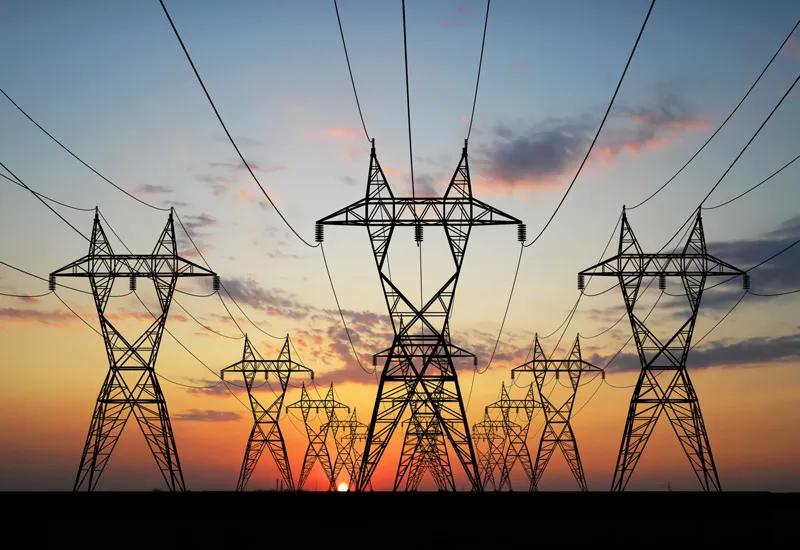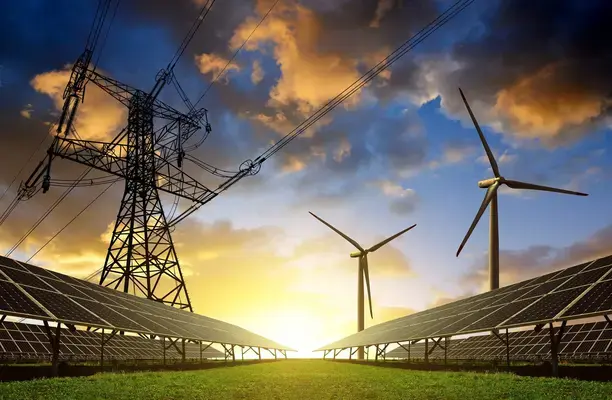By Bababunmi Agbebi
As the climate crisis intensifies, Nigeria stands at a critical juncture. From the farmlands of the North where desertification threatens livelihoods, to the coastal communities of the South grappling with rising sea levels, the effects of a changing climate are no longer a distant threat; they are a daily reality. But at the heart of both the problem and the solution lies one powerful lever: energy.
Nigeria’s energy transition is no longer a choice; it is an urgent necessity.
For millions of Nigerians, especially those in rural communities, agriculture remains the backbone of their existence. Yet, this vital sector, which contributes significantly to Nigeria’s GDP, is increasingly vulnerable. Unpredictable rainfall and extreme weather events are deepening poverty and driving migration, making a reliable livelihood an ever-greater challenge.
In a twist of irony, the very energy sources that have powered Nigeria’s economy are also fueling the climate crisis. Yet, in the challenge lies a tremendous opportunity. By transitioning to clean, sustainable energy, Nigeria cannot only mitigate climate risks but also unlock unprecedented economic growth.
Central to this journey is the concept of a just energy transition which is an an approach that not only reduces carbon emissions but also supports economic growth and ensures no one is left behind.
Former Vice President Yemi Osinbajo has been a vocal advocate for Africa-led solutions to Africa’s energy dilemmas. Speaking at several international forums, Osinbajo has emphasized that Africa’s growing energy deficits, particularly in sub-Saharan Africa, where over 600 million people still lack access to electricity, demand collaborative solutions tailored to local contexts.
“Africa’s increasing energy gaps require decisive and urgent action,” Osinbajo said, “and collaboration is key to ensuring a transition that does not leave the continent behind.”

Photo: Premium Times Nigeria
To support this transition, Nigeria is drawing in significant international investments. The World Bank has committed over $1.5 billion to support clean energy and climate resilience in the country. According to the World Bank’s Country Director for Nigeria, these funds will be used to expand renewable energy access, particularly for rural communities.
Meanwhile, Sun Africa, a U.S.-based renewable energy firm, is in the final stages of a $1.5 billion financing package with the U.S. EXIM Bank. This initiative will deploy solar mini-grids and off-grid systems to accelerate energy access and reduce dependence on polluting diesel generators.
According to the International Renewable Energy Agency (IRENA), Nigeria has the potential to generate over 200 GW of solar power a figure that dwarfs its current installed electricity capacity of about 12 GW, much of which is unreliable.
Meanwhile, Nigeria’s commercial capital, Lagos, is also stepping up its climate leadership. The Lagos International Climate Change Summit, held annually, brings together policymakers, researchers, and civil society to craft actionable strategies for environmental sustainability. The state’s policies on flood mitigation, waste management, and clean transportation are already being viewed as models for urban resilience in West Africa.
Nigeria’s energy transition is not just about environmental stewardship. It holds the promise of lifting over 100 million people out of poverty, generating millions of green jobs, and unlocking new sectors of the economy, from electric mobility to solar-powered agriculture.

Photo: BusinessDay
As the 2030 deadline for achieving Sustainable Development Goal 7 (Affordable and Clean Energy) draws closer, Nigeria’s actions in the next five years will be critical, not just for its own people, but for the global climate fight.
Nigeria’s energy transition is not a silver bullet, but it is a cornerstone for building a resilient and inclusive economy in the age of climate change. With political will, international partnerships, and community-driven solutions, the country can emerge as a leader in Africa’s green revolution, proving that even in crisis, there lies opportunity.
What role can you play in accelerating this transition?
Drop your answer in the comment box below!








